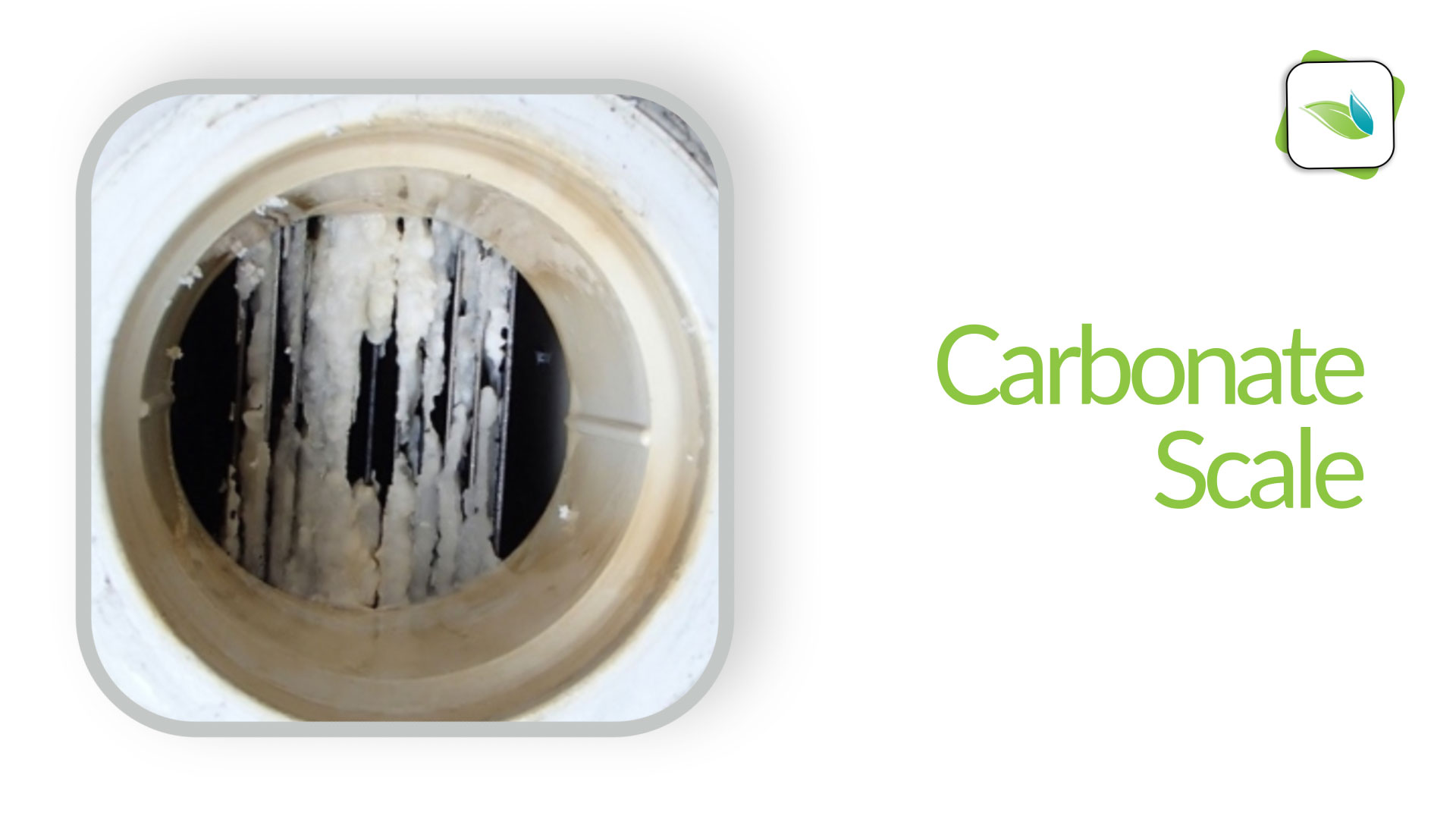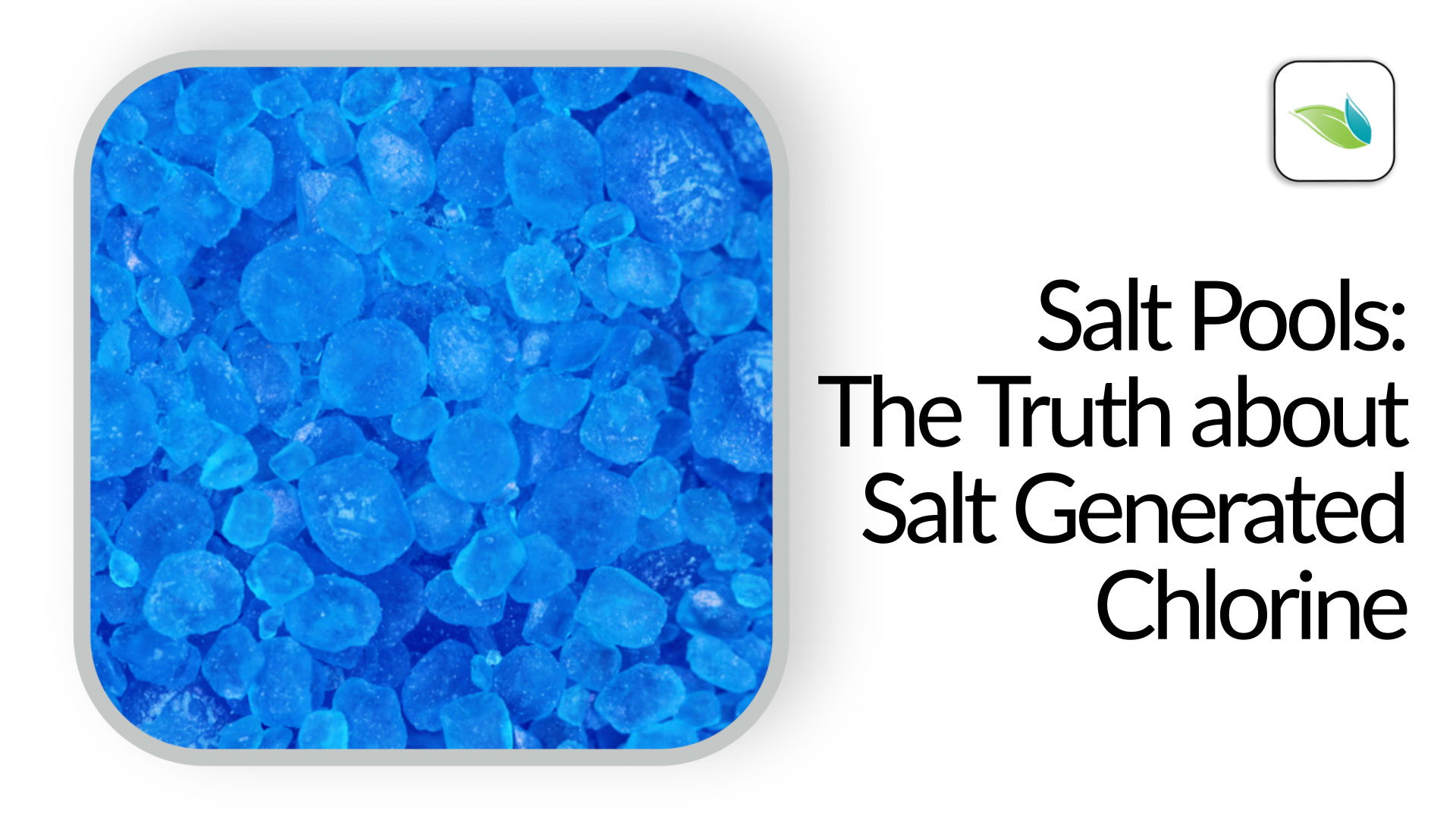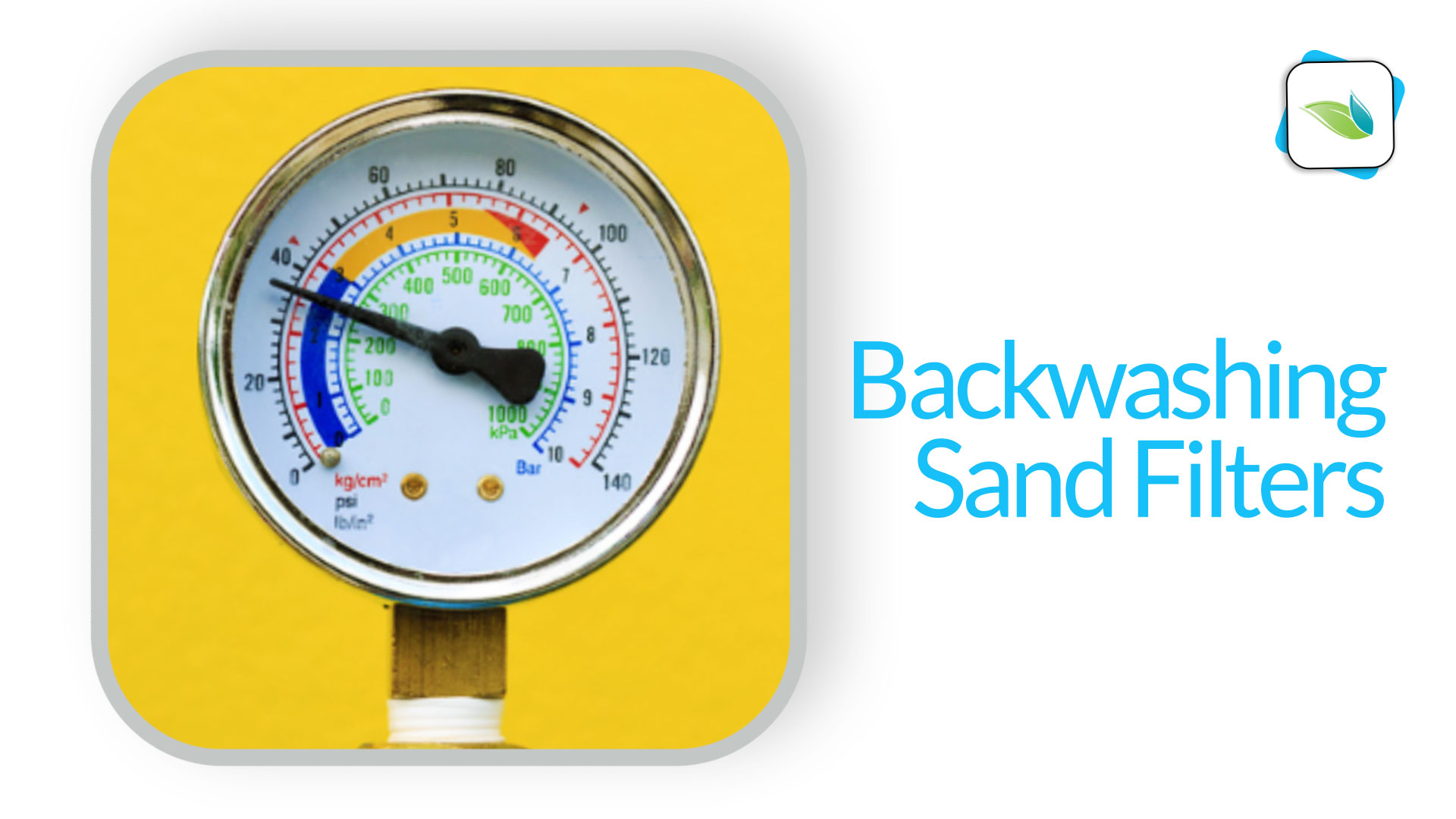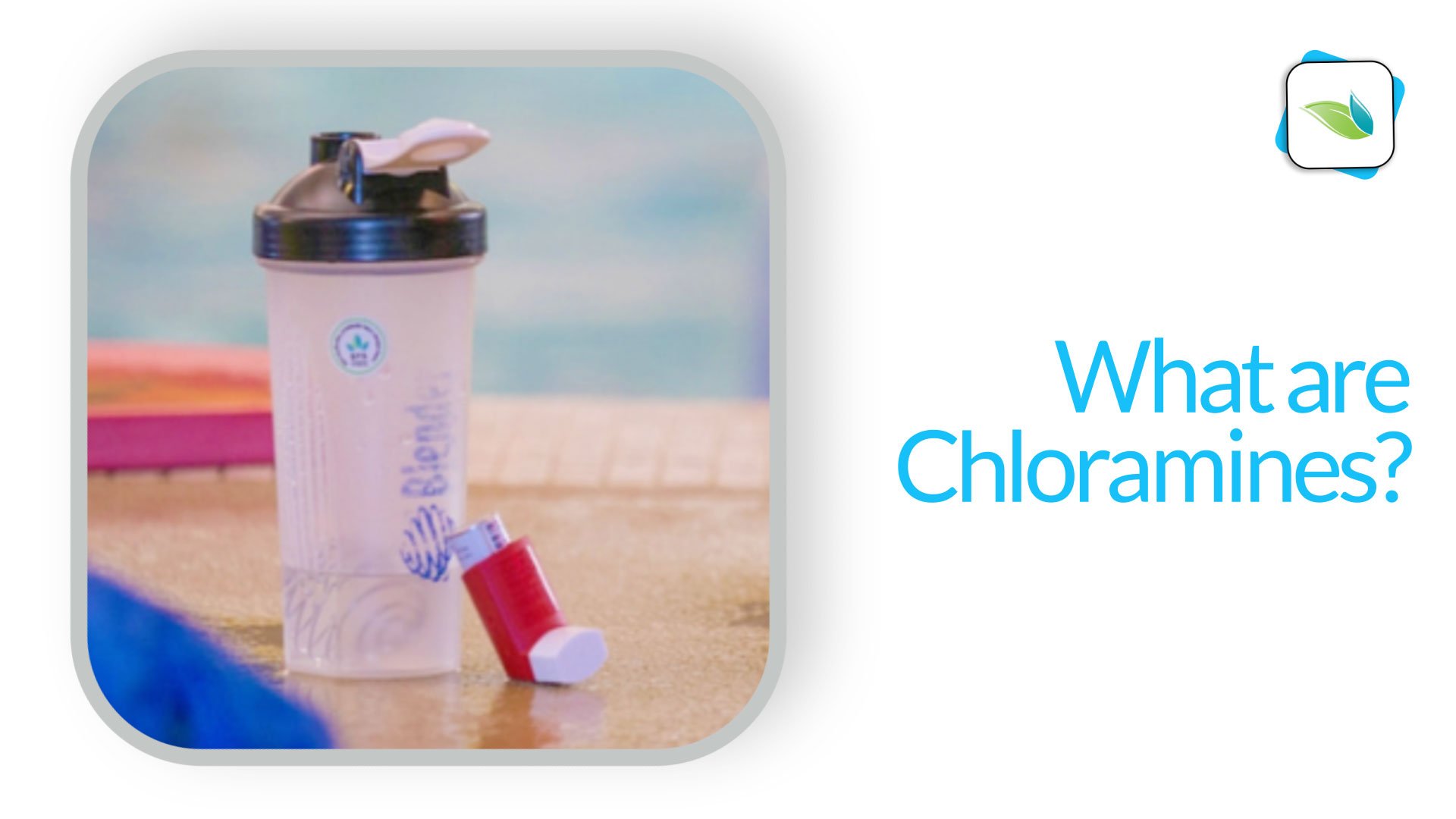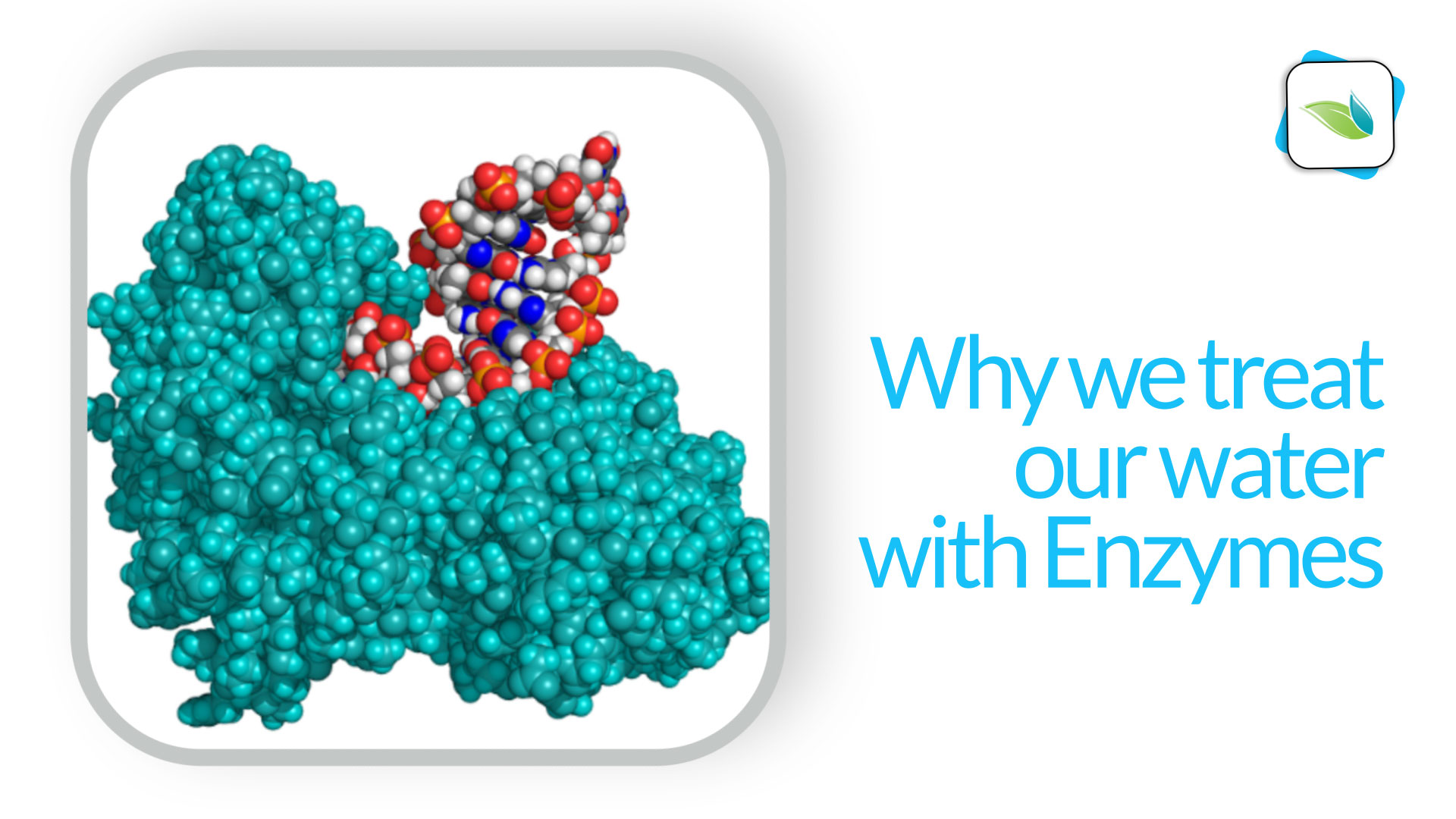The CDC's Limit for Cyanuric Acid in Swimming Pools
In the event of an Accidental Fecal Release (AFR), the CDC has published a recommended limit of Cyanuric Acid (CYA) at 15 ppm for commercial swimming pools. The vast majority of outdoor pools in America have far more than 15 ppm of CYA already, so what can be done?

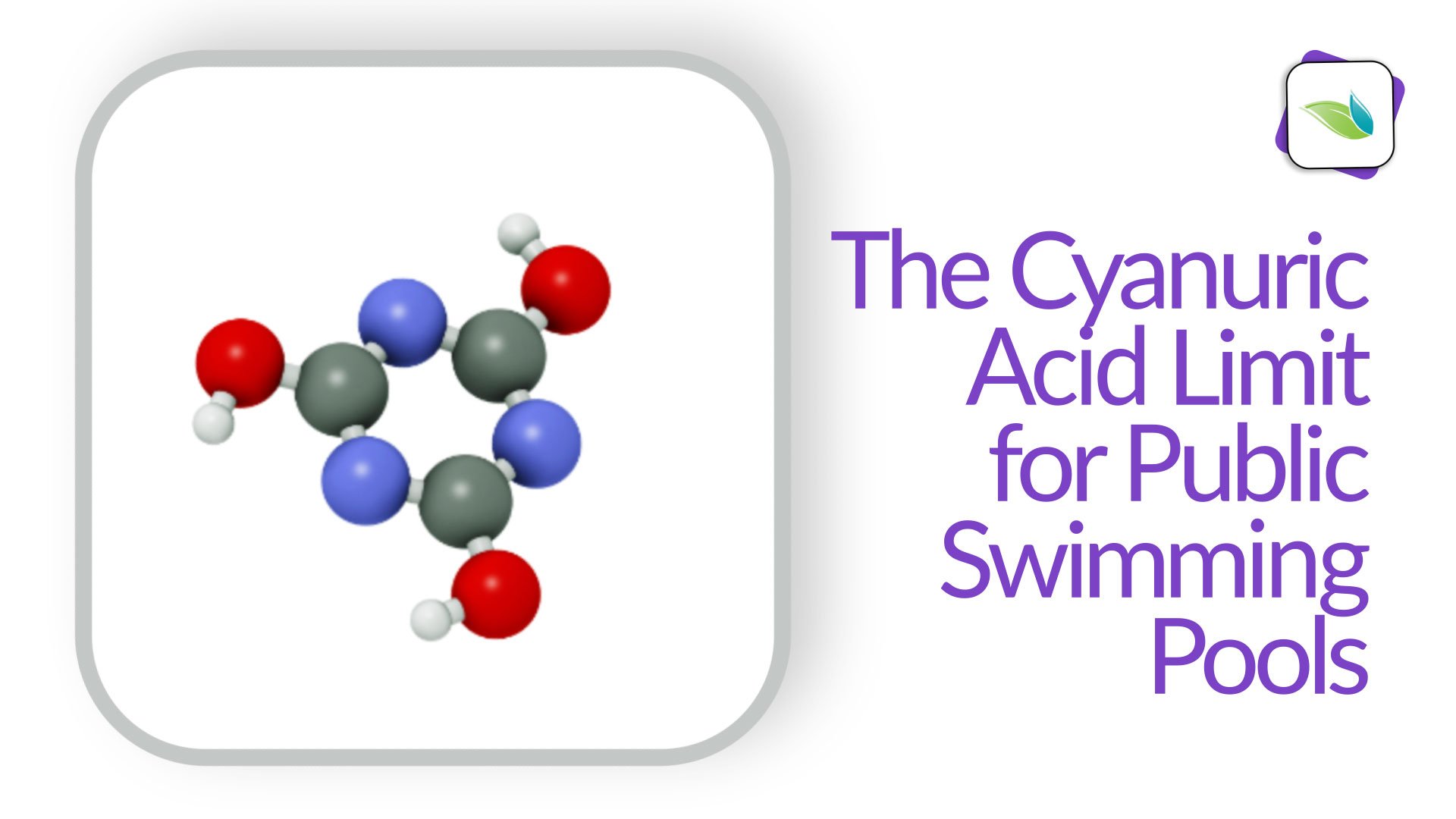
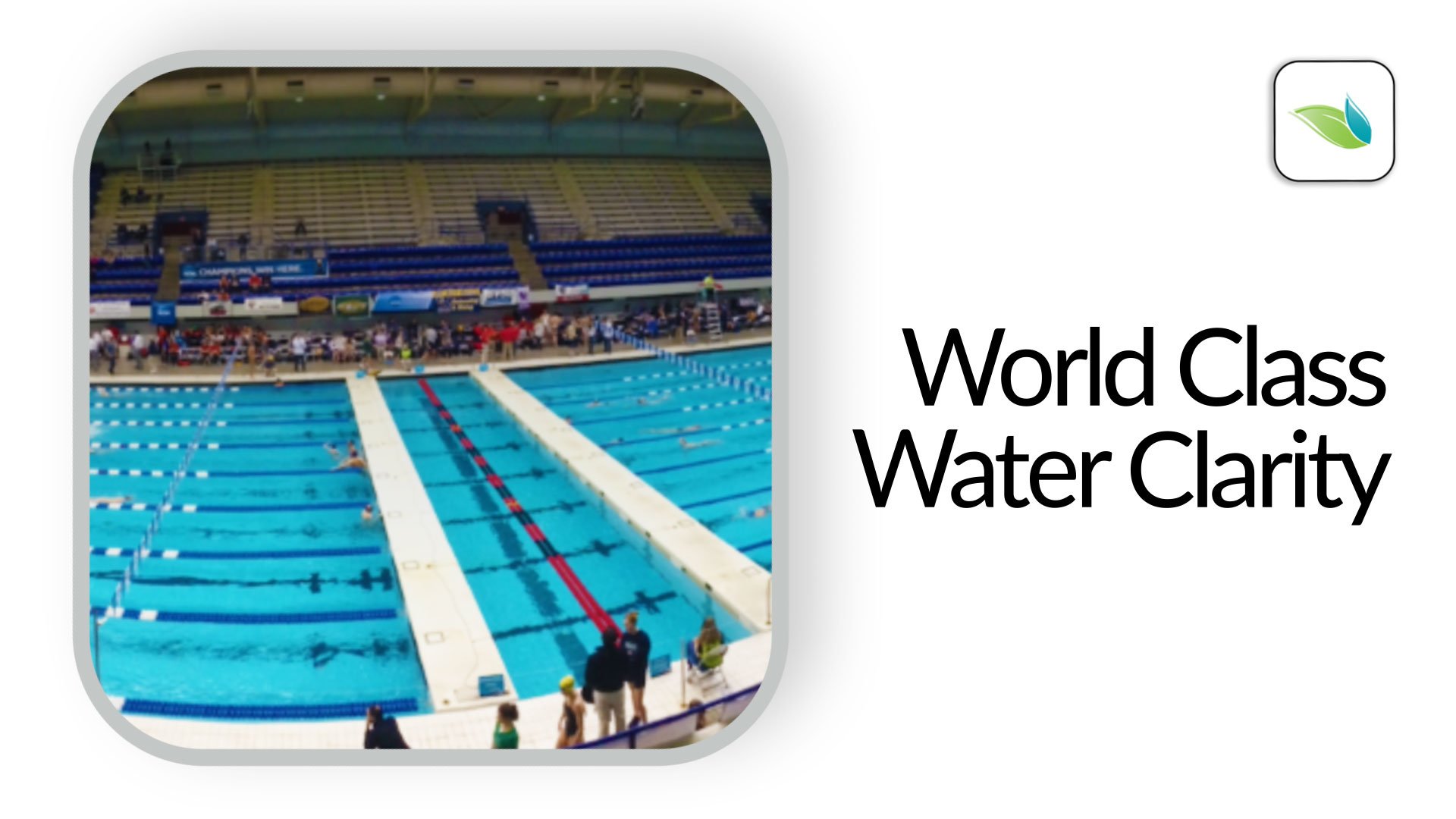

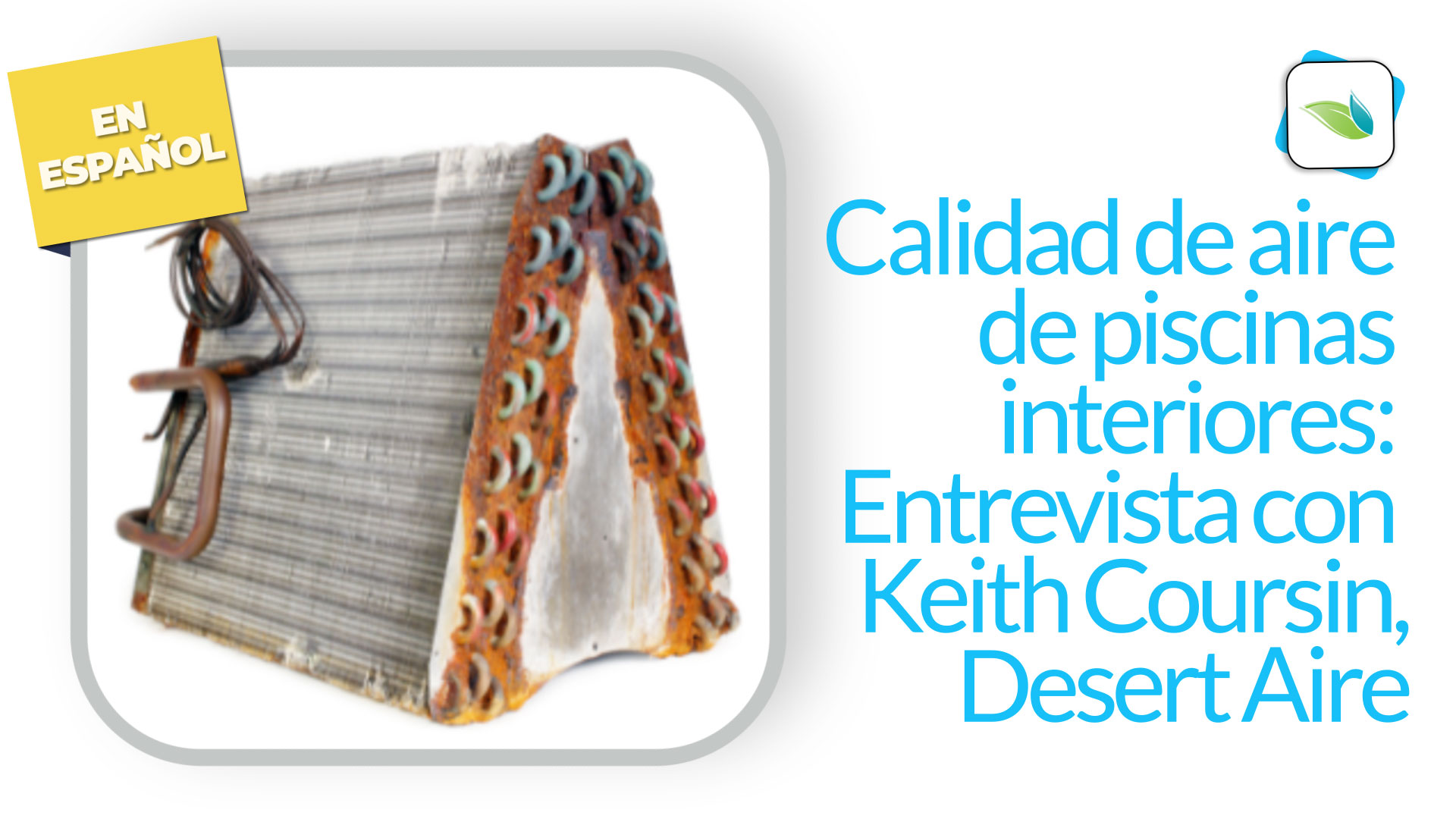
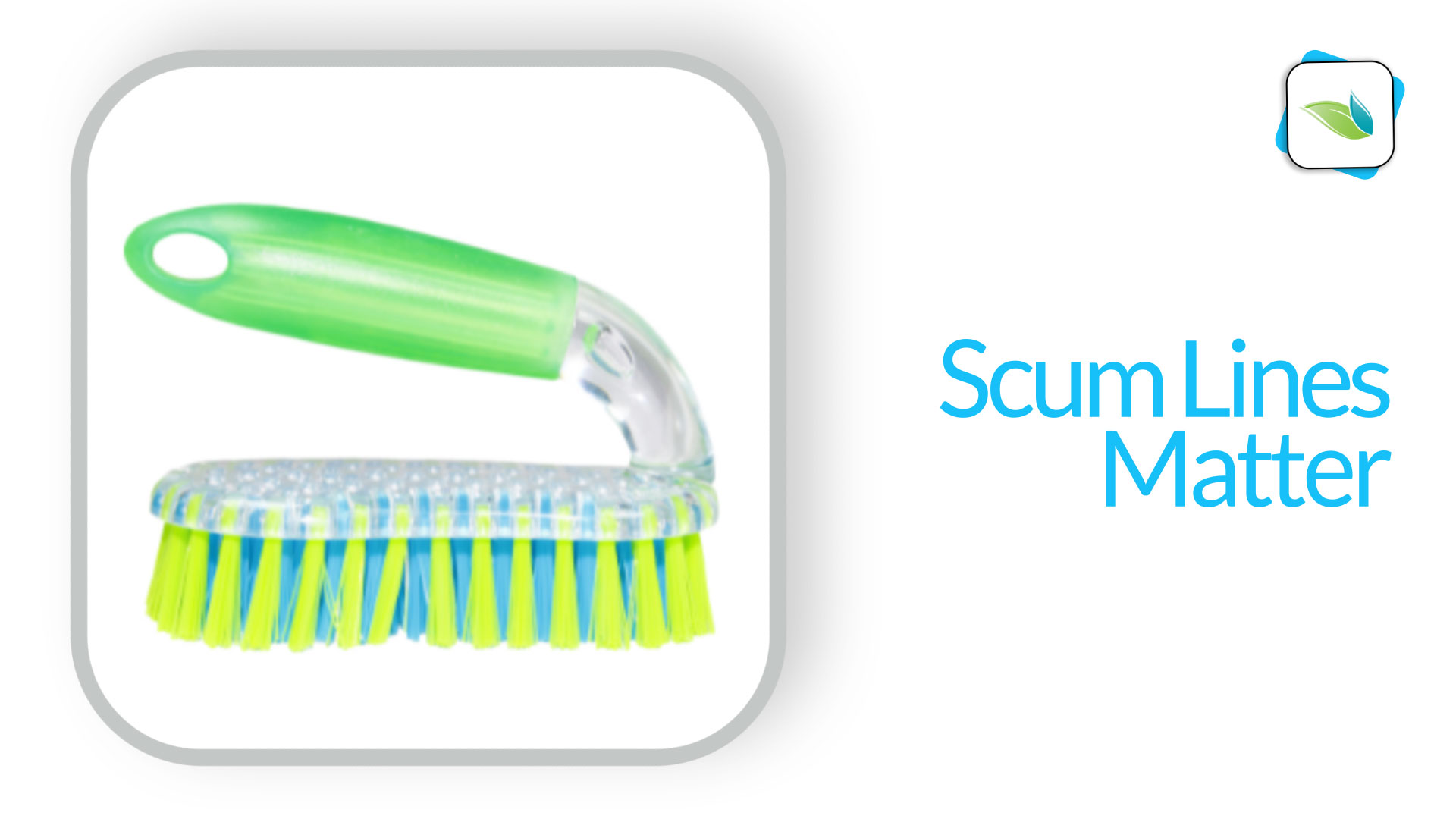
Part%202_English_v1.jpg)
Part1_English_v1.jpg)
